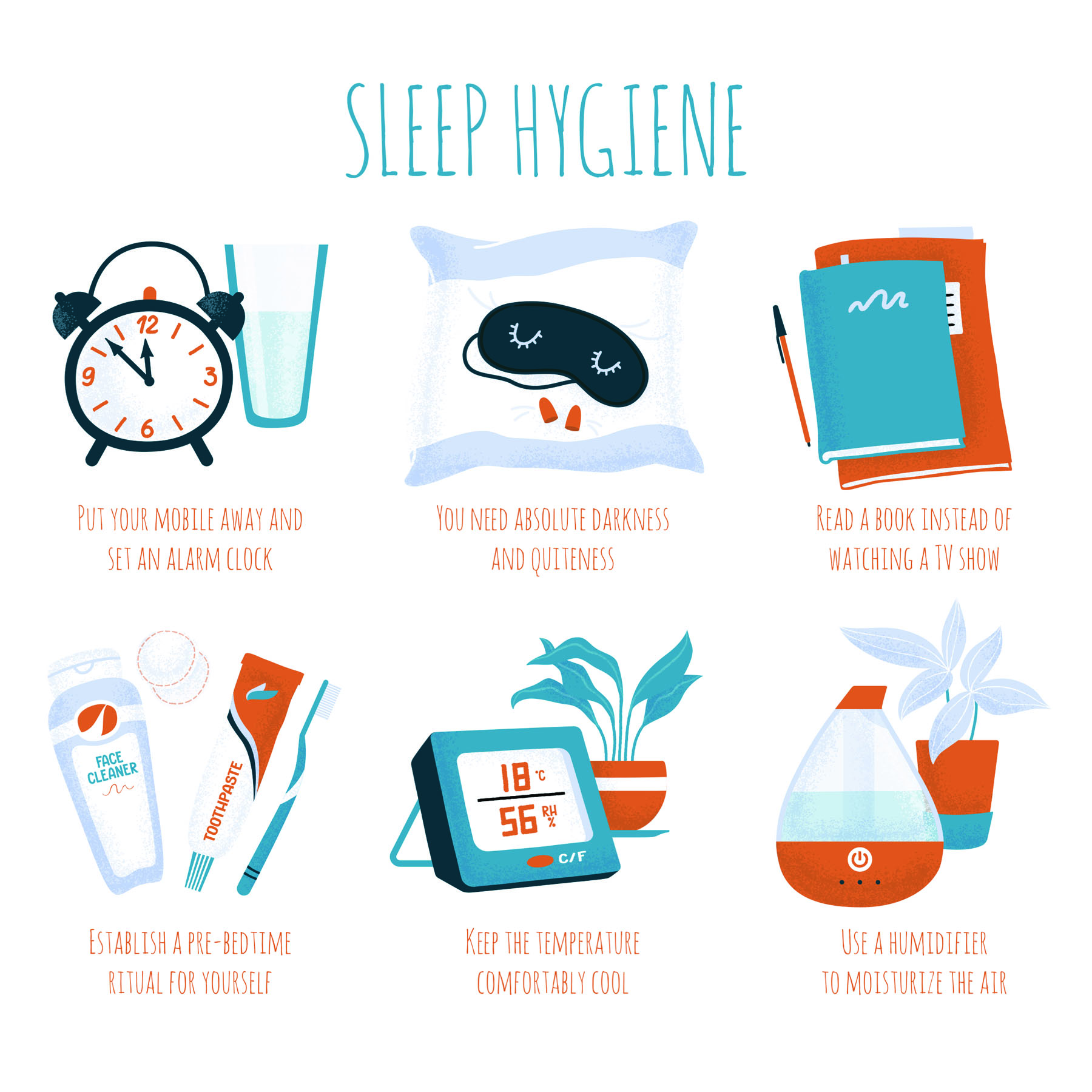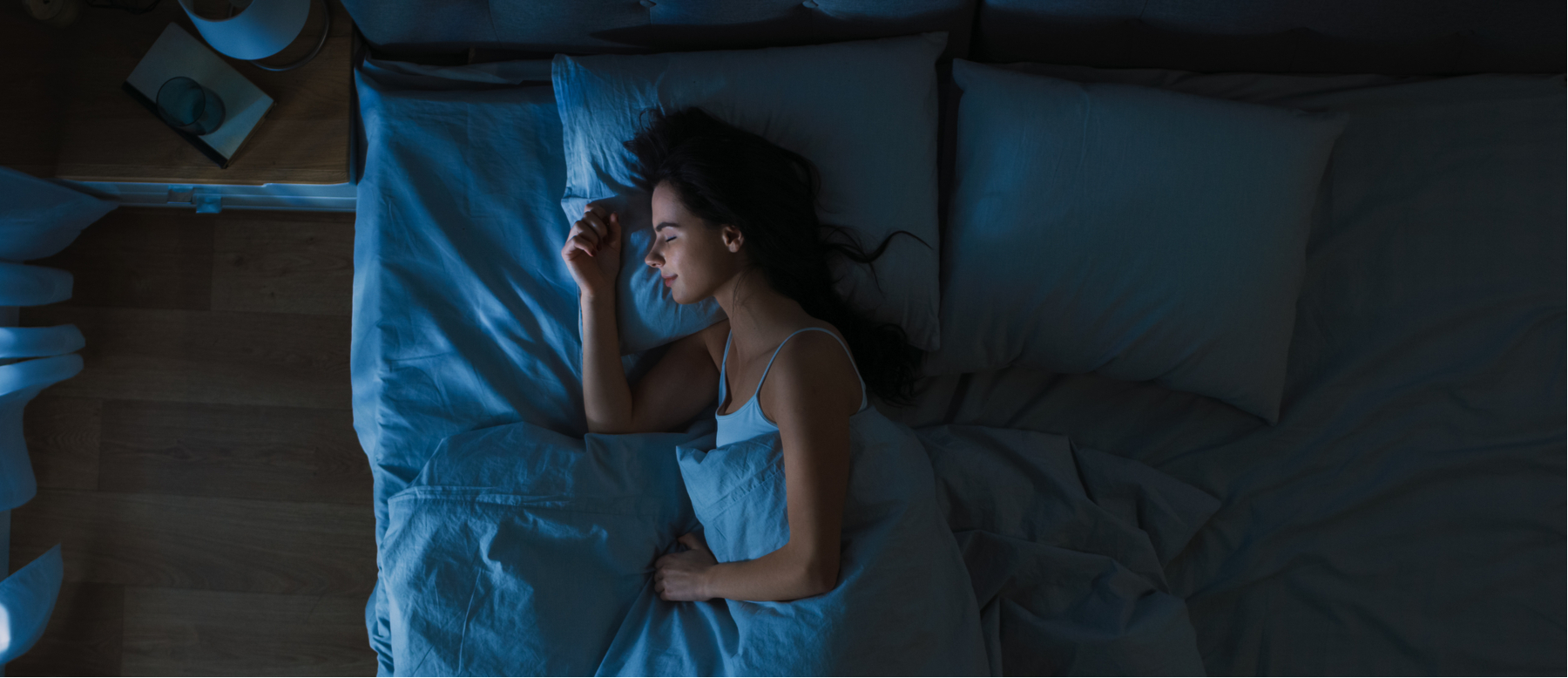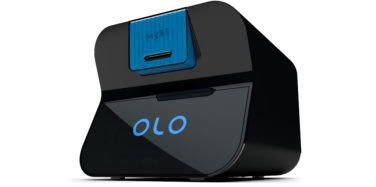Catching up on extra sleep won’t necessarily prevent you from getting sick, but skimping on sleep does impair your immune system and brain function, leaving you more susceptible to colds, flu and, yes, even COVID. If you regularly have trouble dropping off to dreamland, or if you keep waking up and can’t get back to sleep, it’s time to do something about your quality of life.
Getting inadequate sleep on a regular basis affects your health, memory, and mood, according to the National Sleep Foundation (NSF). You’ll notice personality changes from sleep deprivation quickly, such as difficulty concentrating, low energy, and irritability. People with sleep issues are shocked to learn that the brain has its own unique waste removal system that kicks on when you fall asleep. According to the NSF, “Your brain must have enough restful sleep so it can carry out normal detoxification processes, in order to work more efficiently when you wake up.”
If you’re plagued by sleepless nights, first rule out certain medications and conditions that exacerbate sleeplessness. Talk to your HCP if you take medicine for asthma, high blood pressure, thyroid disease, birth control hormones, or beta-blockers. Plus, getting less than seven hours of sleep nightly is linked to conditions you’d normally never connect with sleep troubles, including obesity, depression, and menopause.
 Setting Up for Sleep Success
Setting Up for Sleep Success
For those folks able to catch 40 winks or a 15 to 20 minute nap—optimally, about eight hours after wake up — your body and mind will thank you. Research shows that a short nap improves job performance and increases alertness. If you can’t swing a mood-lifting siesta, try these tips for improving sleep hygiene and boosting your immunity:
1. Skip the drip. Avoid drinking alcohol and caffeinated beverages after 6 pm because they’ll chemically interfere with your body’s natural sleeping rhythms and cause dehydration, which may affect sleep comfort.
2. Quiet, please. Keeping noise to a minimum is an important part of building a sleep-positive bedroom. If you can’t eliminate environmental sounds, try a white noise machine, earplugs, or headphones.
3. Log off. People who can unplug, shut off, and power down at least 30 minutes before bed have a greater chance of sleeping through the night without tossing and turning. For better sleep hygiene, plan to hit the sack at the same time every night, even on weekends.
4. Keep cool. The best temperature for sleep seems to be above 60 degrees Fahrenheit but below 75. Set a thermostat to drop (or Eco-set) during your sleeping hours to maintain comfort.
5. Dear Diary. Start maintaining a sleep diary to pinpoint insomnia triggers; here’s a great example of a sleep diary. List the times you wake up and go to bed, when you exercise, meal times, stress levels, etc. These strategies may help you fall asleep automatically and stay asleep effortlessly.










